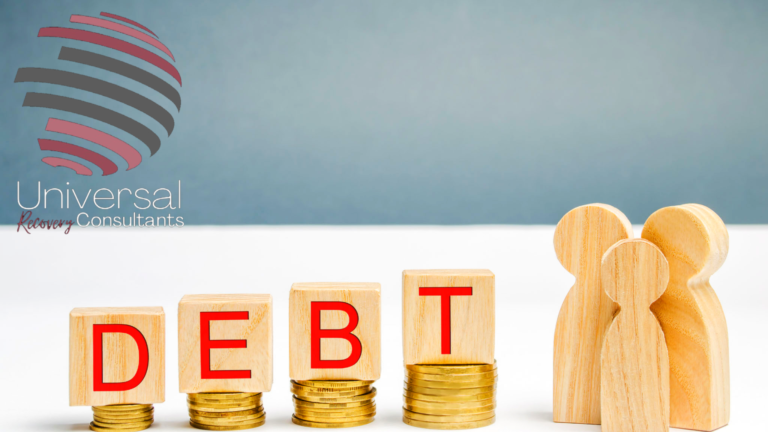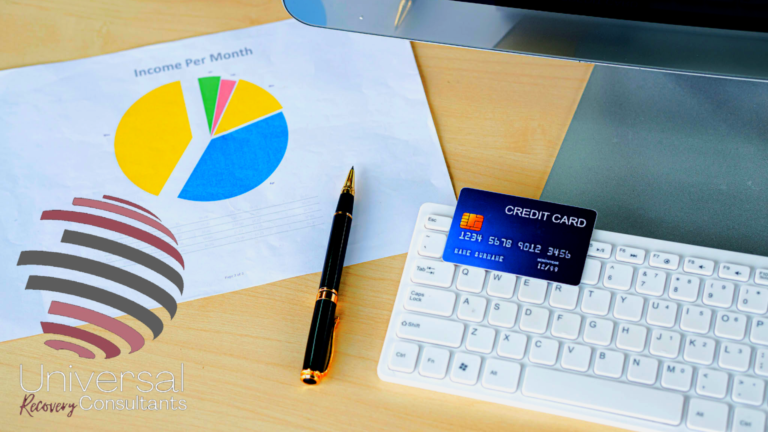Filing for bankruptcy is a major financial decision that can have a significant impact on your credit score. However, it’s important to remember that bankruptcy is not the end of the road. With time and effort, you can rebuild your credit score and improve your financial well-being. In this blog post, we’ll explore the steps you can take to repair your credit score after bankruptcy.
Understand the Impact of Bankruptcy on Your Credit Score
The first step in repairing your credit score after bankruptcy is to understand the impact it has had on your credit history. Bankruptcy stays on your credit report for up to ten years, and it can lower your credit score by 200 points or more. This can make it difficult to get approved for credit cards, loans, or other forms of credit.
However, it’s important to remember that bankruptcy is not the end of the road. Your credit score will start to recover as soon as your bankruptcy is discharged, and you can take steps to improve your credit score over time.
Rebuild Your Credit Score
One of the best ways to rebuild your credit score after bankruptcy is to get a secured credit card. Secured credit cards require a deposit, which is used as collateral in case you can’t make your payments. By using a secured credit card responsibly and making on-time payments, you can start to rebuild your credit history and improve your credit score.
Another strategy is to make sure that all of your bills are paid on time. Late payments can have a significant impact on your credit score, so it’s important to stay on top of your bills and make your payments on time.
Finally, you can also consider getting a co-signer or becoming an authorized user on someone else’s credit card. This can help you build credit history and improve your credit score over time.
Monitor Your Credit Report
As you work to rebuild your credit score after bankruptcy, it’s important to monitor your credit report regularly. Make sure that all of your debts are listed as discharged in bankruptcy, and that there are no errors or inaccuracies on your report. You can get a free copy of your credit report once a year from each of the three major credit bureaus.
Conclusion
Filing for bankruptcy can have a significant impact on your credit score, but it’s not the end of the road. By understanding the impact of bankruptcy on your credit history, rebuilding your credit score with a secured credit card, paying bills on time, and monitoring your credit report, you can start to improve your financial well-being and rebuild your credit score over time.


